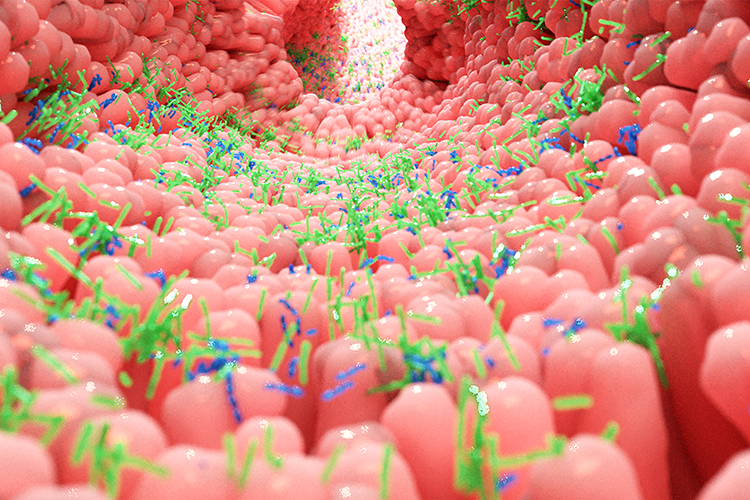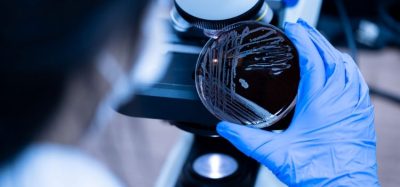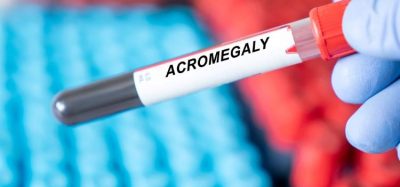Microbiome therapeutic development boosted by metabolomics
Posted: 15 February 2021 | Christopher Ford (Seres Therapeutics) | No comments yet
There is a growing adoption of metabolomics to support drug discovery and development. Metabolomics involves the comprehensive analysis of metabolites in biological specimens. As such, it is commonly used for the discovery and validation of biomarkers that can support critical decisions in the drug development process. In this article, Christopher Ford, Senior Director at Seres Therapeutics, recounts how metabolomic data supported a Phase III trial redesign, aiding further development of a novel microbiome therapeutic investigational drug candidate for the company.


THE HUMAN microbiome describes the full array of microorganisms that live on and in humans. Most of these microbes supply crucial ecosystem services that benefit the entire host-microbe system and studies have shown that disruption of the human microbiome, either through loss of beneficial functions or the introduction of maladaptive functions by invading microbes, can contribute to disease.1 While the collection of microbial genomes, or metagenome, can provide information relating to the diversity of these microbes, it is not sufficient to detail the function of the microbiome. The unique capability of metabolomics to measure microbiome-derived metabolites sheds light on the biological activity of bacterial communities in ways that other omics technologies cannot.
Issue
Related topics
Clinical Development, Clinical Trials, Drug Development, Drug Safety, Microbiomes, Research & Development (R&D), Therapeutics
Related organisations
Related drugs
Related diseases & conditions
C. Difficile, Clostridioides difficile, Clostridium Difficile









